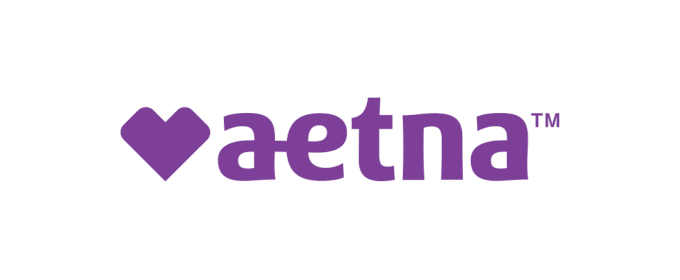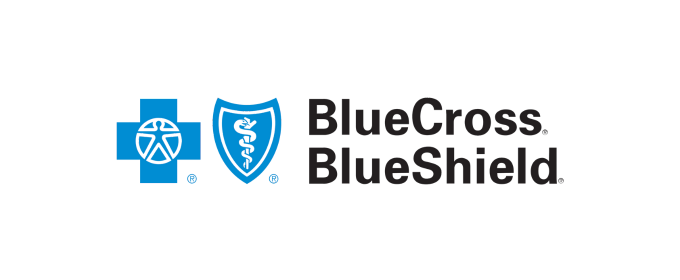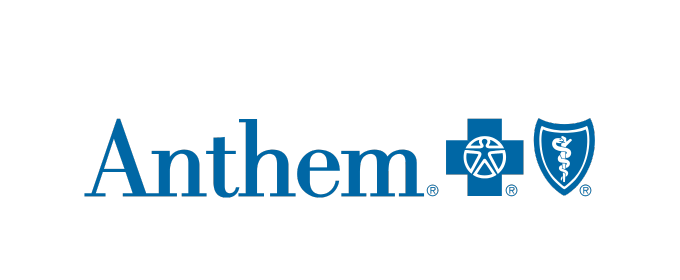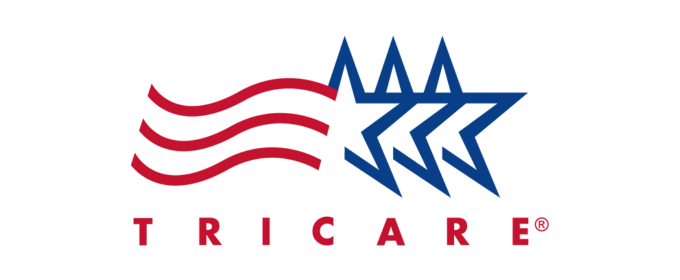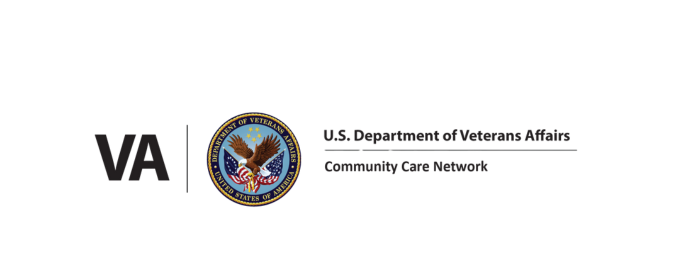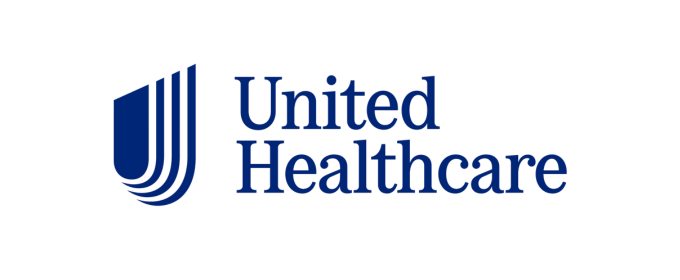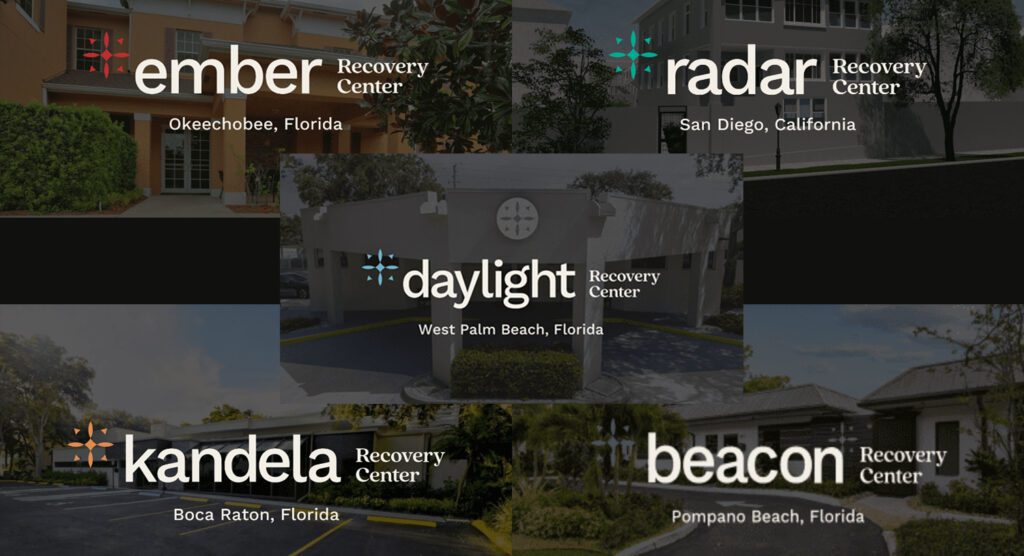Recovery centers play a crucial role in providing hope and healing to individuals struggling with addiction and mental health issues. They offer a range of comprehensive services and personalized treatment approaches to help individuals overcome their challenges and rebuild their lives.
In this blog post, we will explore the different types of recovery centers, the support systems they provide, strategies for long-term recovery, celebrating success and milestones, accessibility and affordability of treatment, holistic approaches to recovery, and the exceptional services offered by Flyland Recovery Network.
Introduction
Overview of recovery centers
Recovery centers are professional establishments that focus on helping individuals overcome addiction and mental health challenges. They provide a range of comprehensive services, including assessment, diagnosis, detoxification, therapy, counseling, and aftercare support.
These centers are staffed with highly trained professionals, including doctors, therapists, counselors, and support staff, who work together to provide individualized care and support.
Importance of recovery centers in providing hope
Recovery centers play a crucial role in providing hope to individuals facing addiction and mental health challenges. These centers serve as beacons of light, offering a supportive and nurturing environment where individuals can find the guidance, care, and resources they need to embark on their journey to recovery.
By offering comprehensive treatment programs, personalized care plans, and a range of therapeutic modalities, recovery centers instill a sense of hope and optimism in individuals, showing them that a life free from addiction and mental health struggles is possible. Through their expertise, compassionate staff, and evidence-based practices, recovery centers inspire individuals to believe in themselves and their ability to overcome adversity, ultimately leading to a brighter and more fulfilling future.
Different Types of Recovery Centers
Addiction treatment facilities
Addiction treatment facilities within recovery centers focus on addressing substance abuse and addiction issues.
They employ evidence-based treatments and specialized interventions to help individuals overcome dependencies and develop healthy coping mechanisms.
Mental health services
Recovery centers recognize the importance of addressing mental health issues alongside addiction.
They provide comprehensive mental health services, including therapy options, holistic healing approaches, and individualized care plans that cater to the unique needs of each individual.
Individualized care plans
Recovery centers understand that no two individuals are the same, and their recovery journeys should be tailored to their specific needs.
Through individualized care plans, recovery centers create a roadmap for treatment and recovery that considers the physical, emotional, and psychological aspects of each individual.
Professional counselors
Recovery centers employ highly trained and compassionate professional counselors who specialize in addiction and mental health treatment.
These counselors work closely with individuals, offering guidance, support, and evidence-based therapies to help them navigate their recovery process successfully.
Support Systems in Recovery Centers
Community support networks
Recovery centers foster a sense of community by providing access to support networks. These networks connect individuals with others who have experienced similar challenges, allowing them to share experiences, provide mutual support, and encourage each other throughout the recovery journey.
Recovery resources
Recovery centers offer a wealth of recovery resources that equip individuals with the knowledge and tools they need to overcome addiction and maintain sobriety.
These resources may include educational materials, workshops, support group meetings, and access to online platforms where individuals can find valuable information and guidance.
Faith-based recovery centers
For individuals seeking a spiritual component in their recovery, faith-based recovery centers provide a supportive environment that integrates faith and spirituality into the healing process.
These centers offer programs that align with religious beliefs and values while providing evidence-based treatments and support.
Dual diagnosis treatment
Many individuals struggling with addiction also experience co-occurring mental health disorders. Recovery centers specializing in dual diagnosis treatment provide integrated care that addresses both addiction and mental health issues simultaneously, ensuring comprehensive support for individuals on their recovery journey.
Strategies for Long-Term Recovery
Relapse prevention strategies
Recovery centers equip individuals with relapse prevention strategies that help them maintain their sobriety over the long term.
These strategies may include identifying triggers, developing coping skills, creating a support system, and implementing healthy lifestyle changes.
Outpatient services
Recovery centers may offer outpatient services that allow individuals to receive treatment while maintaining their daily routines.
Outpatient programs provide flexibility and ongoing support, enabling individuals to integrate recovery into their lives effectively.
Inpatient rehabilitation
In cases where a higher level of care is needed, recovery centers offer inpatient rehabilitation programs.
Inpatient treatment provides a structured and supportive environment where individuals can focus solely on their recovery, free from external influences and distractions.
Medical detoxification
For individuals struggling with substance abuse, recovery centers provide medical detoxification services to safely manage withdrawal symptoms. Medical professionals closely monitor individuals during this critical phase, ensuring their safety and comfort throughout the detoxification process.
Celebrating Success and Milestones
Recovery milestones
Recovery centers acknowledge and celebrate the milestones achieved by individuals in their recovery.
From the first day of sobriety to significant achievements such as completing treatment programs or reaching personal goals, these milestones mark progress and provide a sense of accomplishment and encouragement.
Post-treatment support
Recovery centers understand that the journey to recovery does not end after treatment. They provide comprehensive post-treatment support, which may include ongoing therapy, access to support groups, and continued guidance and assistance as individuals transition back into their daily lives.
Aftercare programs
Aftercare programs offered by recovery centers ensure that individuals have continued support and resources as they navigate their newfound sobriety.
These programs may include relapse prevention strategies, counseling services, and opportunities for peer support and mentorship.
Accessibility and Affordability of Treatment
Affordable treatment options
Recovery centers like Flyland Recovery Network strive to make treatment accessible to individuals from all walks of life.
They offer affordable treatment options and work with insurance providers to ensure coverage and minimize financial barriers to recovery.
Personalized recovery journey
Flyland Recovery Network recognizes the importance of tailoring treatment to the unique needs of each individual.
They believe in a personalized recovery journey that takes into account individual circumstances, preferences, and goals, ensuring a more effective and successful recovery process.
Holistic Approaches to Recovery
Holistic recovery methods
Recovery centers employ holistic approaches to recovery that address the whole person—mind, body, and spirit.
These approaches may include mindfulness practices, stress management techniques, self-care strategies, nutritional support, fitness programs, art therapy, music therapy, equine-assisted therapy, adventure therapy, wilderness therapy, and other activities that promote overall well-being.
Therapeutic modalities
Recovery centers utilize a variety of therapeutic modalities to support individuals on their recovery journey.
These may include cognitive-behavioral therapy (CBT), dialectical behavior therapy (DBT), motivational interviewing, trauma-informed care, psychoeducation, and other evidence-based practices.
Peer support groups
Recovery centers understand the power of peer support in the recovery process. They provide opportunities for individuals to participate in peer support groups where they can share experiences, offer encouragement, and learn from others who have faced similar challenges.
Family involvement
Recovery centers recognize the importance of involving families in the recovery process. They offer family therapy sessions and educational programs to help families understand addiction, develop healthy communication skills, and provide support to their loved ones throughout their recovery journey.
Treatment Options at Flyland Recovery Network
- Alcohol Addiction Treatment
Flyland Recovery Network offers specialized alcohol addiction treatment programs that provide comprehensive care and support for individuals struggling with alcohol dependency.
These programs include medical detoxification, individual counseling, group therapy, and aftercare support.
- Benzo Addiction Treatment
Flyland Recovery Network provides effective treatment options for individuals struggling with benzodiazepine addiction.
Their specialized programs incorporate evidence-based treatments, medical supervision, and therapeutic support to help individuals overcome benzo dependency.
- Cocaine Addiction Treatment
Flyland Recovery Network’s cocaine addiction treatment programs are designed to address the unique challenges associated with cocaine dependency.
These programs combine individualized care, counseling, relapse prevention strategies, and ongoing support to help individuals achieve lasting recovery.
- Heroin Addiction Treatment
Flyland Recovery Network offers comprehensive heroin addiction treatment programs that integrate medical detoxification, therapy, and aftercare services.
Their team of experts provides individualized care and support to help individuals break free from the grip of heroin addiction.
- Opiate Addiction Treatment
Flyland Recovery Network recognizes the devastating impact of opiate addiction and provides specialized treatment programs to address this issue.
Their comprehensive treatment approach includes medical detoxification, medication-assisted treatment, therapy, and ongoing support to aid individuals in their journey to recovery.
Flyland’s Network of Centers
Kandela Recovery Center
As part of Flyland Recovery Network, Kandela Recovery Center offers compassionate and effective addiction treatment programs.
Their team of experts provides personalized care, evidence-based therapies, and a supportive environment to help individuals achieve lasting recovery.
Ember Recovery Center
Ember Recovery Center, part of Flyland’s network, focuses on providing integrated treatment for addiction and mental health disorders.
Their comprehensive programs address the underlying causes of addiction and mental health issues, offering individuals the support they need to heal and thrive.
Radar Recovery Center
Radar Recovery Center, a part of Flyland’s network, is dedicated to serving individuals with substance abuse and co-occurring mental health disorders.
Their expert team utilizes evidence-based practices and therapeutic interventions to help individuals reclaim their lives and achieve sustainable recovery.
Conclusion
Summary of the importance of recovery centers
Recovery centers play a crucial and invaluable role in society by providing a lifeline of hope and healing to individuals grappling with addiction and mental health challenges, offering a range of comprehensive services and personalized treatment approaches that empower individuals to overcome their struggles, regain control of their lives, and find renewed purpose and joy.
These centers serve as beacons of light in the darkness, offering a safe and supportive environment where individuals can receive the care, treatment, and support they need to break free from the chains of addiction and mental health disorders, ultimately transforming their lives and improving their overall well-being.
Encouragement for seeking help through Flyland Recovery Network
In this journey towards recovery, seeking help from a trusted and reputable recovery center like Flyland Recovery Network can make all the difference. With their exceptional team of experts, specialized treatment options, personalized recovery journeys, and a network of dedicated recovery centers, Flyland Recovery Network stands out as a beacon of hope and a pillar of support for individuals in need.
By reaching out to Flyland Recovery Network, you are taking a courageous step towards reclaiming your life, finding solace, and embarking on a transformative journey toward lasting recovery. With their compassionate care, evidence-based practices, and comprehensive approach, Flyland Recovery Network is committed to improving the quality of life for individuals, offering sustainable recovery solutions, and being a steadfast partner in your recovery. Remember, you don’t have to face addiction and mental health challenges alone. Flyland Recovery Network is here to guide you, empower you, and help you rediscover the joy and purpose that addiction may have taken away. Take that first step, reach out to Flyland Recovery Network, and let the healing begin. Your journey to recovery starts here, and hope is just a phone call away.

